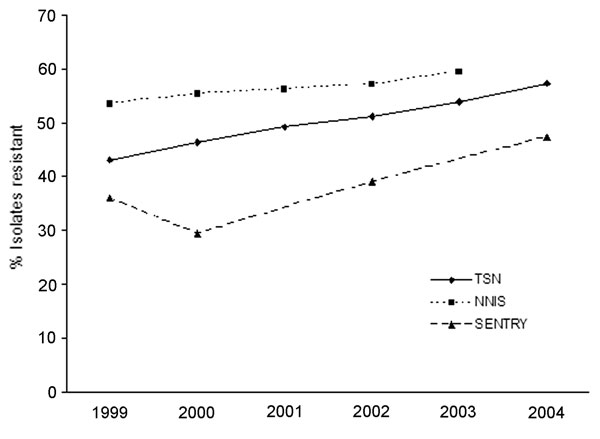Is Healthcare Information Technology Transformational? Maybe not.
..
Dr. Nick van Terheyden
Voice of the Doctor
LinkedIn Profile, Twitter: @drnic1
There is likely agreement that technology has provided innovation in the healthcare world and there is no doubt that we can point to the progress made with some ground breaking tools (CT Scanners and MRI imaging spring to mind as providing unique windows into the body).
But has this transformed healthcare in the right direction. I blogged about the challenge this technology has created back in 2008 (Doctor please look at Me not your not your EMR – the title of which came from my then 9 year old’s summary of her first hand experience with an EMR).
But it was the recent story on NPR; The Race To Create The Best Antiviral Drugs that highlighted the ongoing war on infection that is raging in hospitals, clinics and healthcare facilities that took a major step forward in 1928 when Sir Alexander Fleming noted the effect mold was having on his bacterial cultures. Step forward a few years and we are loosing our battle with our current crop of antibiotics as evidenced by the rising incidence of Methicillin-Resistant Staphylococcus aureus (MRSA) CDA Study: Hospitalizations and Deaths Caused by Methicillin-Resistant Staphylococcus aureus, United States, 1999–2005 and their charts.
As Carl Zimmer highlighted when discussing the trillions of viruses (and bacteria) that live in our bodies “Some are harmful, some may not be harmful,” he says. “Some may even help us defend against other viruses. It’s very complicated in there, and we don’t really understand it very well yet”.
But it was the success of a non-standard treatment that has me wondering where the transformational innovation will come from. In this case a fecal transplant – a concept many used when we ate live cultures of bacteria to help with gastro intestinal symptoms brought on following antibiotic therapy for an infection (aka as eating yoghurt when taking antibiotics). In this case a patient with an intractable infection of Clostridium Difficile was given a fecal transplant.
The patient was treated with a transfusion of gut microbials from a healthy individual’s fecal material to restore the bacterial flora in her intestinal tract. “Literally two days later she started feeling better, and a couple weeks later, when they went to sample the bacteria that was there, they couldn’t find the C. difficile anymore. It was just gone,” he says. “The only thing they had done was essentially restore her ecology, essentially like restoring a wetland.”
Seems nature has the answer once again – you could argue that was science but given the FDA has:
…a very difficult time figuring out how to come up with regulations for this …. the FDA is going to have to move beyond its old paradigm of giving people regular drugs to being able to give people tailored concoctions of living things — of bacteria, of maybe even viruses — as medical treatments.
I wonder if healthcare transformation is not so much about information technology but rather the use of highly refined treatments from nature and our environment.
Roger Green and I will be discussing today – please join the conversation.
A version of this article post first appeared on Voice of the Doctor. It is used with the author’s permission. Dr. Nick van Terheyden is currently Chief Medical Information Officer for Nuance. He brings a distinctive blend of medical practitioner and business strategist, to the realm of healthcare technology. Dr. van Terheyden is a pioneering creator in the evolution of healthcare technology and has worked as a business leader in one of the first speech recognition Internet companies. The thoughts expressed are my own and do not necessarily represent those of Nuance.


